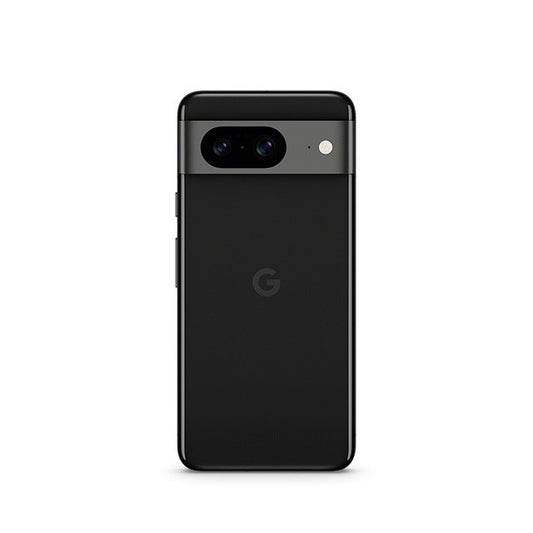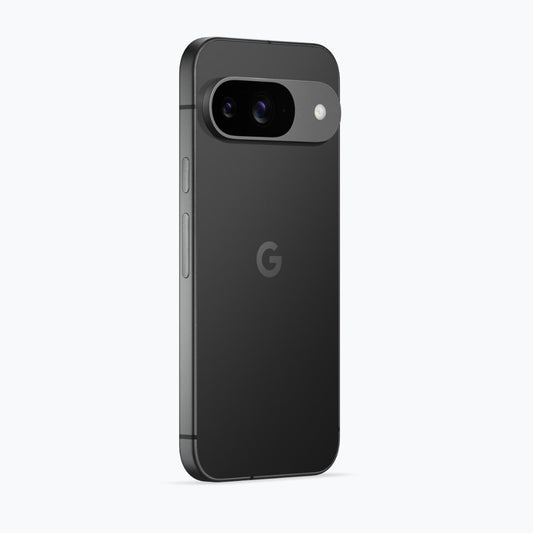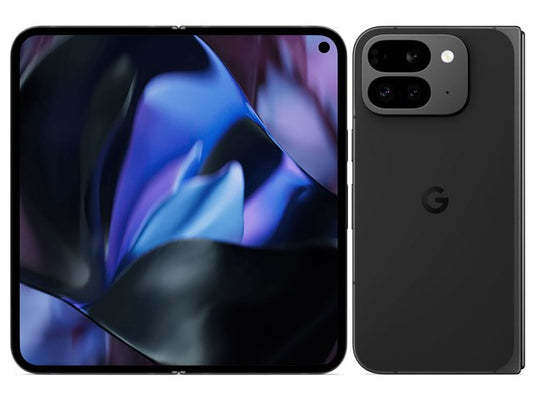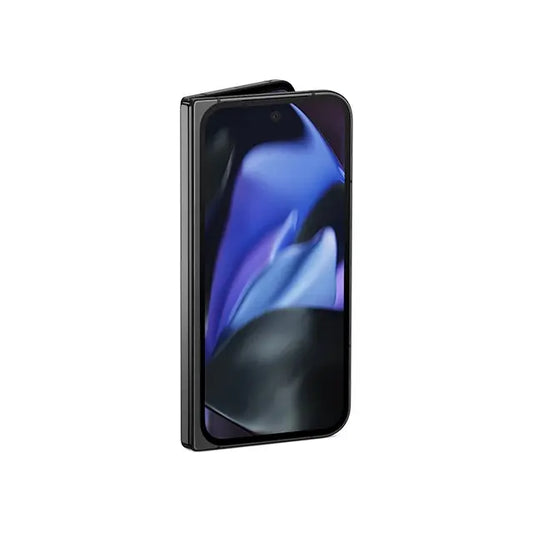
About the overwhelming superiority of AntiSpyPhone using Vanadium browser × WebRTC
Last time, we talked about the differences between the Vanadium browser and Chrome,
There was a question about WebRTC mentioned in the table in the text, so I will explain it in detail.
WebRTC is a technology that allows real-time exchange of voice, video, and data directly between web browsers, commonly used for online meetings and games.
WebRTC is a convenient technology that enables real-time communication, but even when using a VPN, there is a critical risk of "real IP leaking."
In other words, your "location" and "network you are using" can be exposed.
What about other browsers?
| Browser | Countermeasures against IP leaks via WebRTC | Safety when using VPN | Freedom of WebRTC control |
| Chrome / Edge | ❌ IP leaks by default | ⚠️ Risk of VPN bypass | ❌ Cannot control via UI (extension required) |
| Firefox | 🔧 Partial control (complex settings) | △ For intermediate users | △ Requires about:config editing |
| Brave | ✅ Partial protection | △ Possible leaks | 🔧 Partially supported |
| Vanadium (AntiSpyPhone) | ✅✅ Completely blocks leaks | ✅ Impenetrable when used with VPN | ✅ Controlled at the OS level |
What is Vanadium's overwhelming advantage?
WebRTC is strictly controlled at the OS level.
Vanadium runs on GrapheneOS, where the WebRTC function itself is restricted and managed by default.
Measures that require "extensions" or "setting changes" in normal browsers are fully implemented by default in Vanadium.
Double shield in cooperation with VPN
Vanadium completely blocks WebRTC leaks that penetrate VPNs.
This reduces the risk of IP address leaks to nearly zero, even when using a VPN.
Tracking prevention × Communication minimization
Vanadium is Google-made and Chromium-based, yet all Google-related tracking codes have been removed.
Furthermore, stealth communication (background communication) via WebRTC is not permitted.
Expert-level security, also for general users
Vanadium's WebRTC countermeasures provide military-grade security necessary for government officials, journalists, and corporate espionage prevention.
However, the strength lies in AntiSpyPhone offering this as a "standard feature on smartphones."
Conclusion
Vanadium browser × AntiSpyPhone is the "only option that allows absolutely no leaks" regarding WebRTC.
While other browsers are at a "level where countermeasures might be possible,"
Vanadium is designed to "never leak from the start," making it so robust that comparing it to others is nonsensical.










